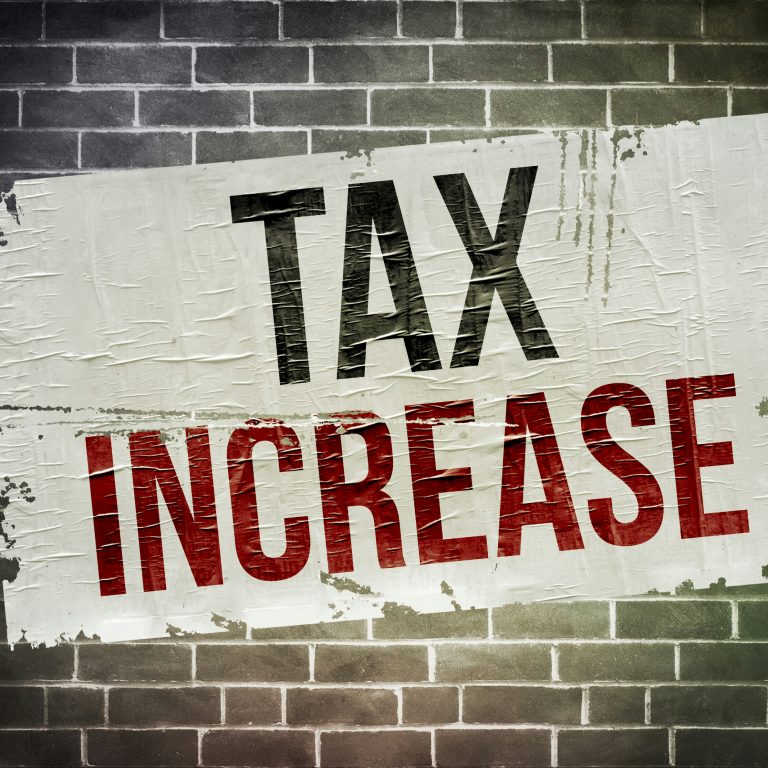2018-10-4 14:38 |
Some African Governments are on revenue generation drive by raising taxes to fund budget deficits. From Zimbabwe to Kenya, Uganda to Benin, the same scenario is playing out and mobile money is the prime target.
There's been a record increase of mobile money transactions, as citizens pull their own weight against unemployment and financial exclusion. However, the government’s drive is targeting this sector to further impoverish the poor.
For instance, there has been an increase in taxes on mobile money transfers to 2% on each dollar from the previous flat 5% on the amount transferred in Zimbabwe. Though the new tax looks like a reduction. It is not. It is a rise in all costs for every transaction. For every dollar spent, Zimbabweans now have to pay 2 cents. In the past, they paid only 5 cents for every transaction, including those exceeding $1.
With 96% of transactions in Zimbabwe done electronically, the new tax means that citizens, already battling severe cash shortages, will have to pay more each time they buy bread or fuel or transfer money to a relative, by mobile or bank. The latest increase doesn’t account for the 15% VAT levied on goods and services, and a slew of taxes already charged by mobile carriers and banks, such as balance enquiry.
The country’s finance minister said there is need to expand the tax collection base and ensures that the tax collection points are aligned with electronic mobile payment transactions and the real time gross settlement system. Also, in Kenya there has been an increase in electronic transfer excise duties by cellular phone providers, banks and money transfer agencies from 12% to 20% per transaction, meaning it will now cost Kenyans more to send money across platforms like mobile money service provider Mpesa or to request bank statements.
The government of President Uhuru Kenyatta, which is facing a budget deficit of $5.62 billion, also announced that “telephone and internet data services shall be charged excise duty at a rate of 15% of their excisable value,” from 10% previously. On their part, Rwanda has lined up a new bill that is expected to affect a significant increase in cashless tax.
In Uganda, citizens have been slapped with tax increases of between 1% and 5% on items like mobile money transfers, and even social interactions on platforms like Facebook and Whatsapp. The Ugandan authorities hope to collect up to $4.4 billion each year from these sort of taxes and others. Social media and internet taxes have also been introduced in Zambia and Benin.
Cryptocurrency To The RescueCyptocurrencies like bitcoin cash (BCH) are seen as key to helping African countries fight corruption, illicit transfer smuggling and high transfer or remittance costs. A report by Enrique and Eduardo Aldaz Carrol published on the Brookings Institution website revealed that: “Cryptocurrency and blockchain could help prevent fraud and corruption, reduce the costs of enforcement thanks to easily accessible information and faster crosschecks, and help supervise implementation and monitor efficiency and effectiveness of spending, increasing development impact”.
origin »Bitcoin price in Telegram @btc_price_every_hour
Money ($$$) на Currencies.ru
|
|



















